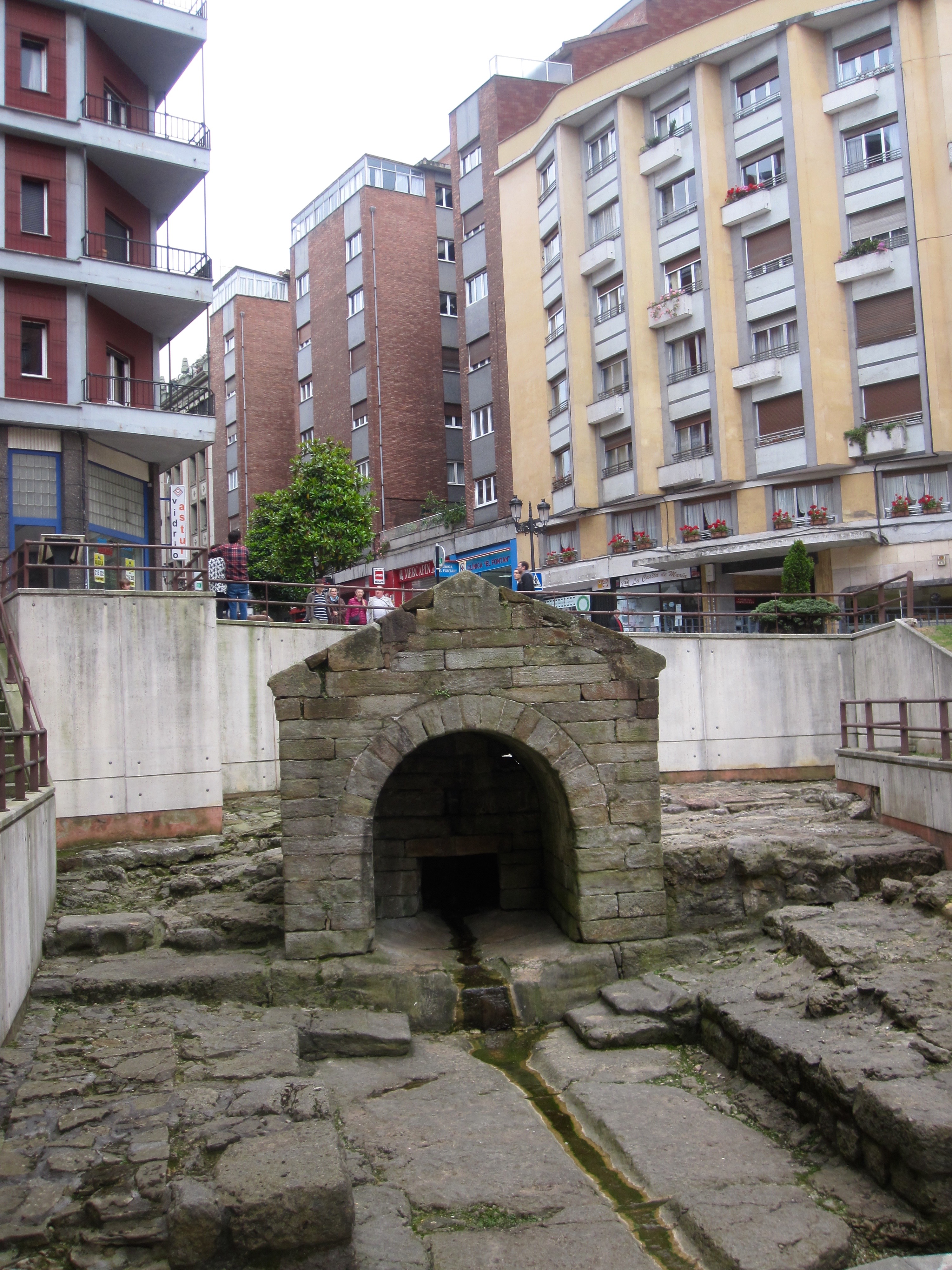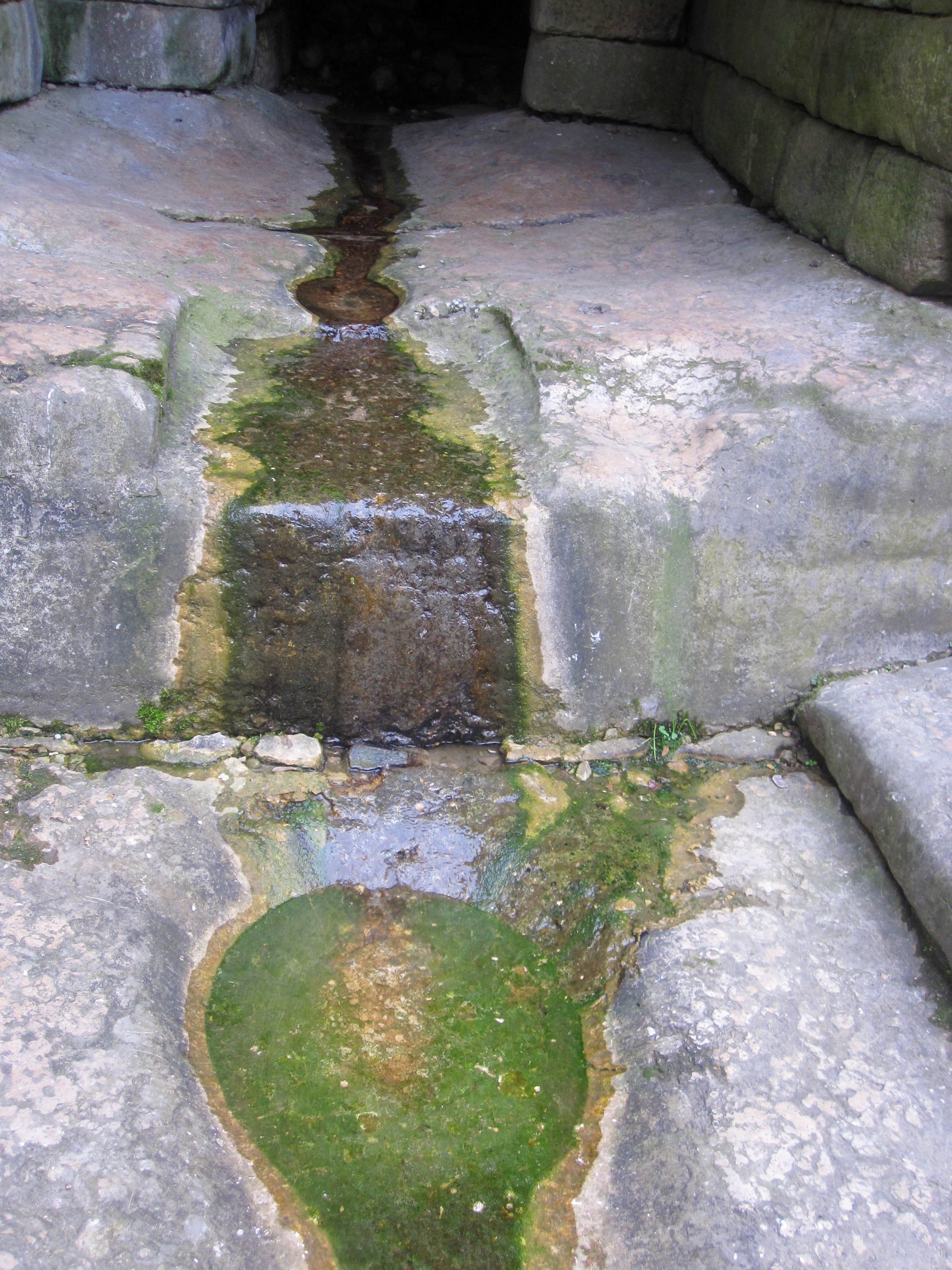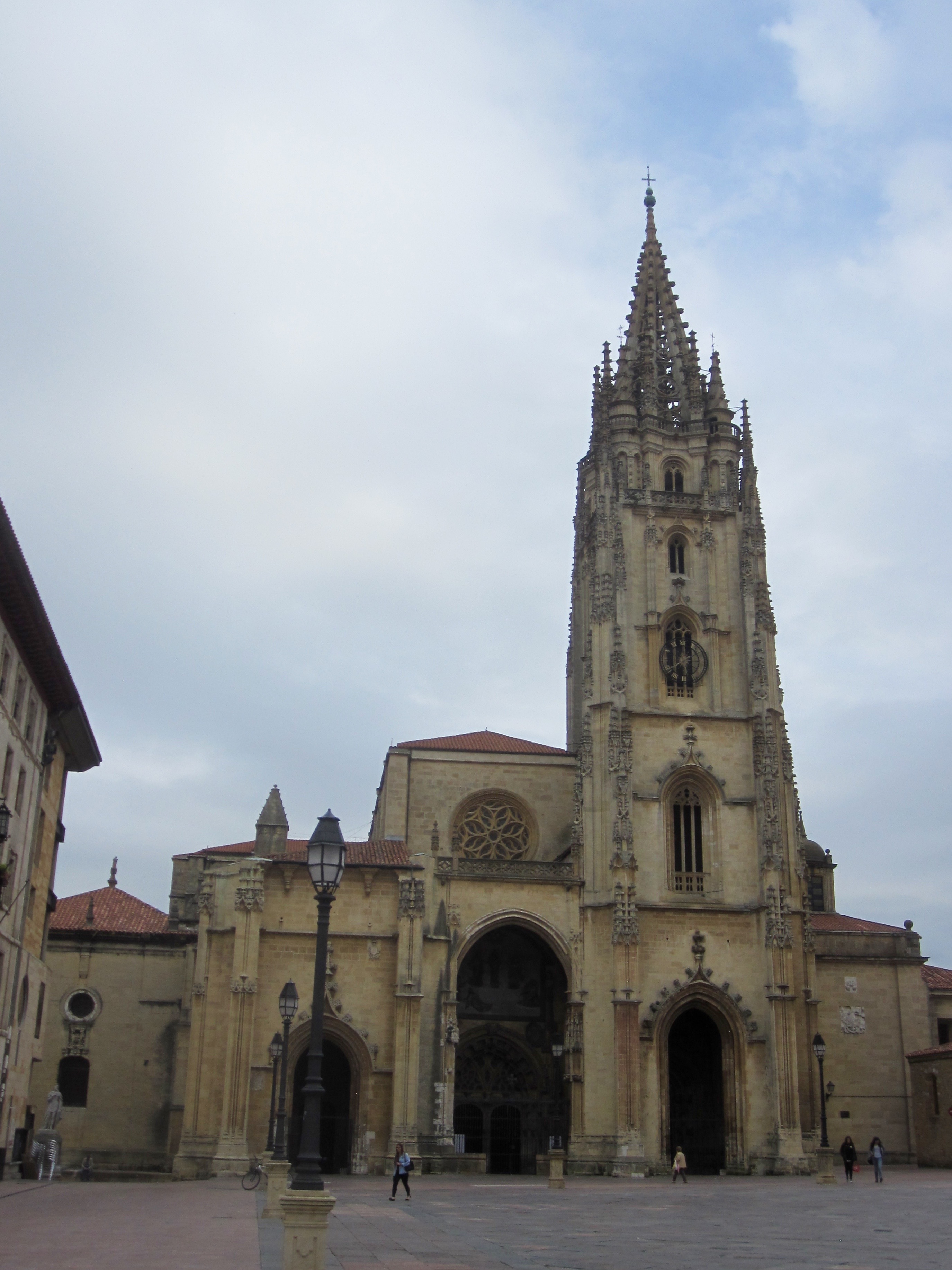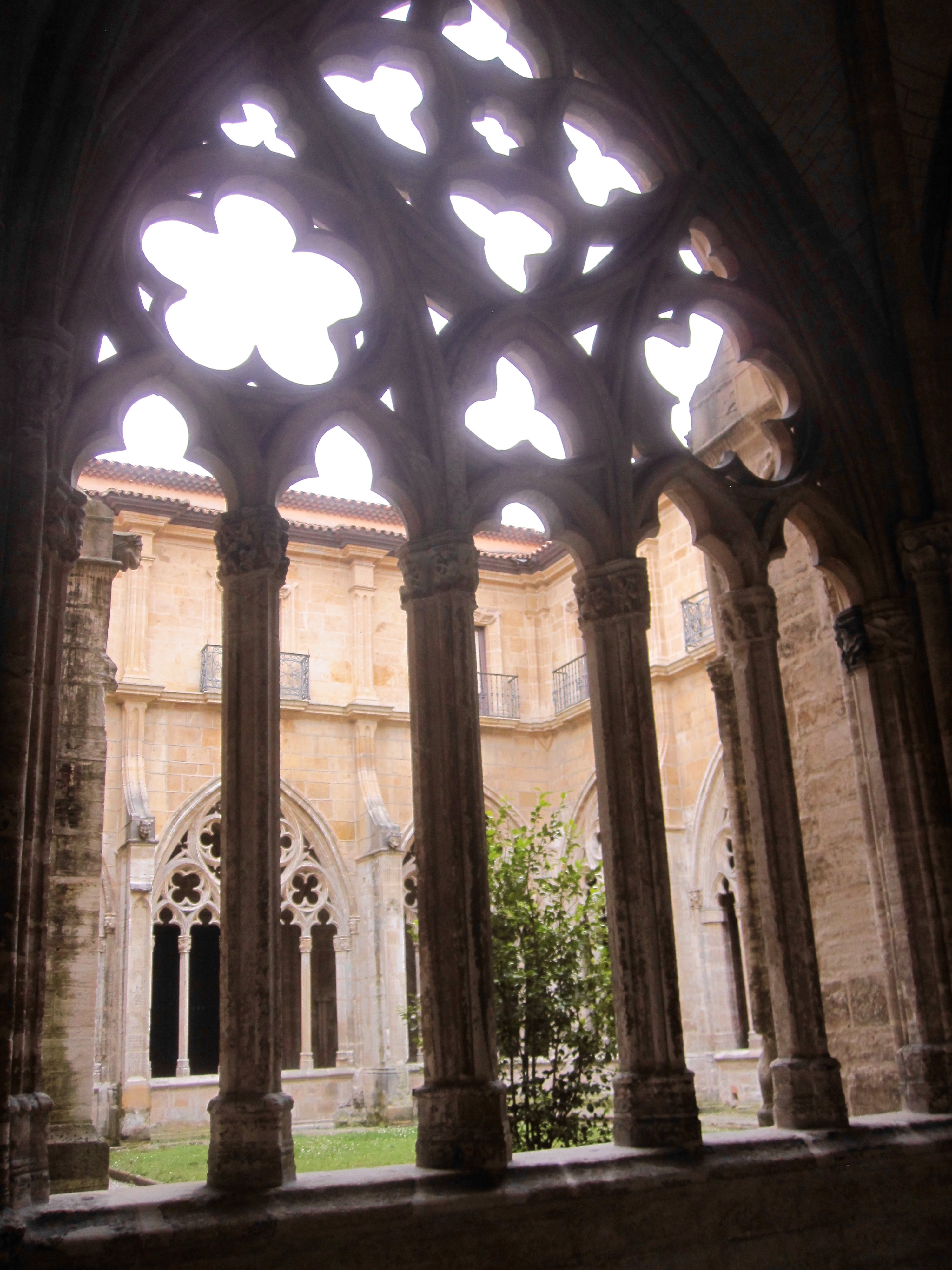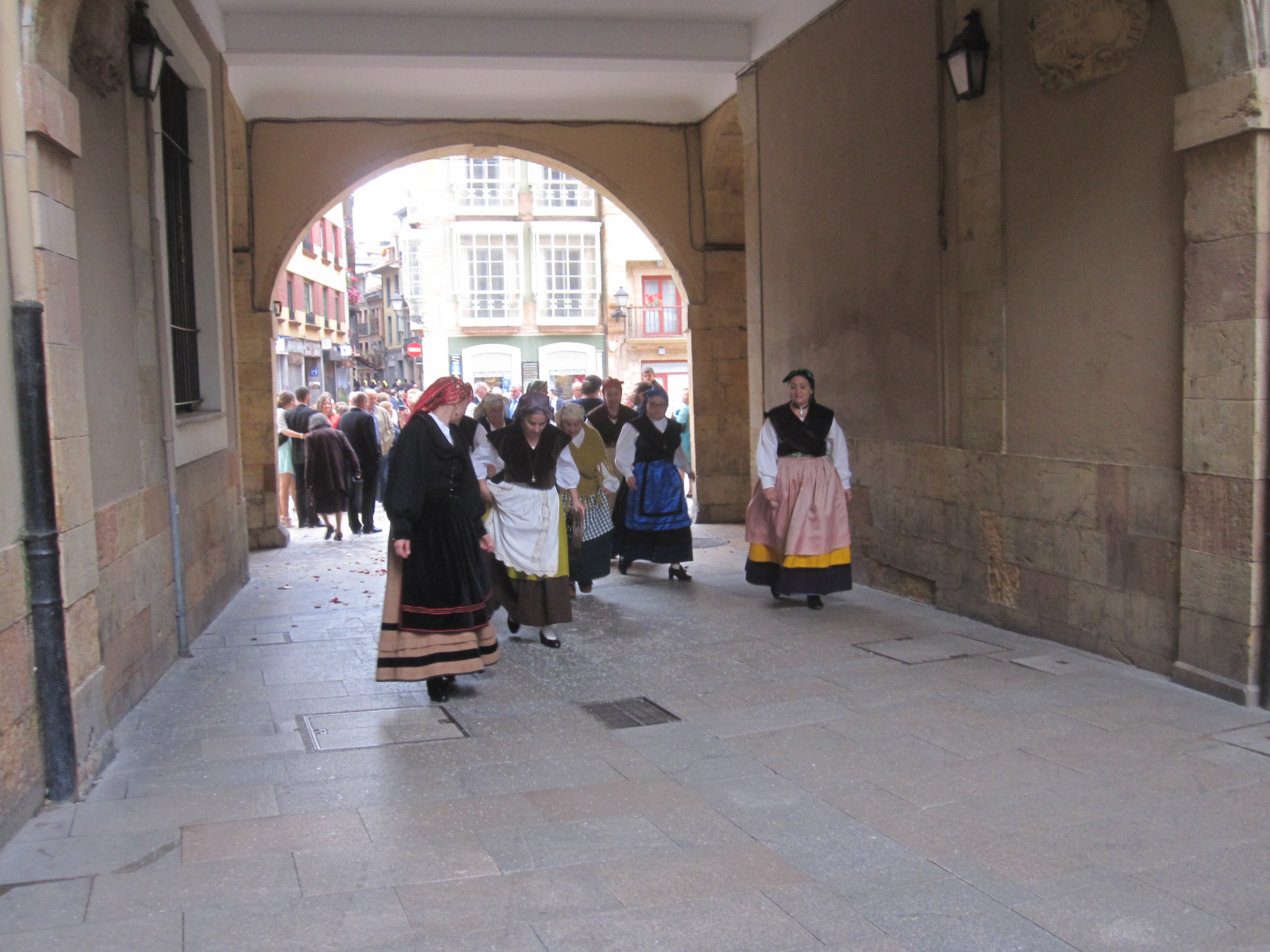Again we are glad to travel along with Garyo’s travelog with her beautiful pictures:
I am very happy that I can share my experience of the Camino Primitivo, the original pilgrimage route to Santiago de Compostela. Over 1100 years ago, the first pilgrim was king Alfonso II of Asturia. He walked to the newly discovered burial place of St. James, located about 200 miles southwest of his capital Oviedo. The Camino Primitivo follows the footsteps of Alfonso II, leading through remote mountainous areas of extraordinary beauty.
From Santiago, I went to Finisterre and Muxia, located on the Atlantic coast. Most of the time I stayed overnight in the typical albergues, which are very inexpensive places for pilgrims. Everybody who has a pilgrim’s pass (if there is still a bed available) can stay there. The whole pilgrimage took me 3 weeks.
Like always, I took not only my backpack with the most essential things with me but also an intention for this walk. The intention this time was practicing oneness of body-heart- mind.
Camino del Norte
DAY 1, OVIEDO
Oviedo still has buildings dating back to the 8th and 9th centuries. One of these remnants of the old capital is the Fuente de Foncalada, a well providing the town with drinking water. It was fascinating walking on the rocks surrounding the fountain shaped by innumerable footsteps over the centuries.

Fuente de Foncalada
Tiny water flow of the Fuente
For the medieval pilgrim, Oviedo was an important goal on the way to Santiago. There was the saying “Qien va a Santiago y no va a El Salvador , visita al vasallo y no al Señor (walking to Santiago and not go to El Salvador is like visiting the servant and not the master). This saying refers to the cathedral San Salvador where important relics (sudarium of Oviedo) are stored in the Cámara Santa, the court chapel of king Alfonso II.
Late Gothic cathedral San Salvador, 15th-16th century
St. James with shell and pilgrim’s staff at the left in the Cámara Santa
Cloister of San Salvador
Traditional costumes of Asturia At a wedding party


